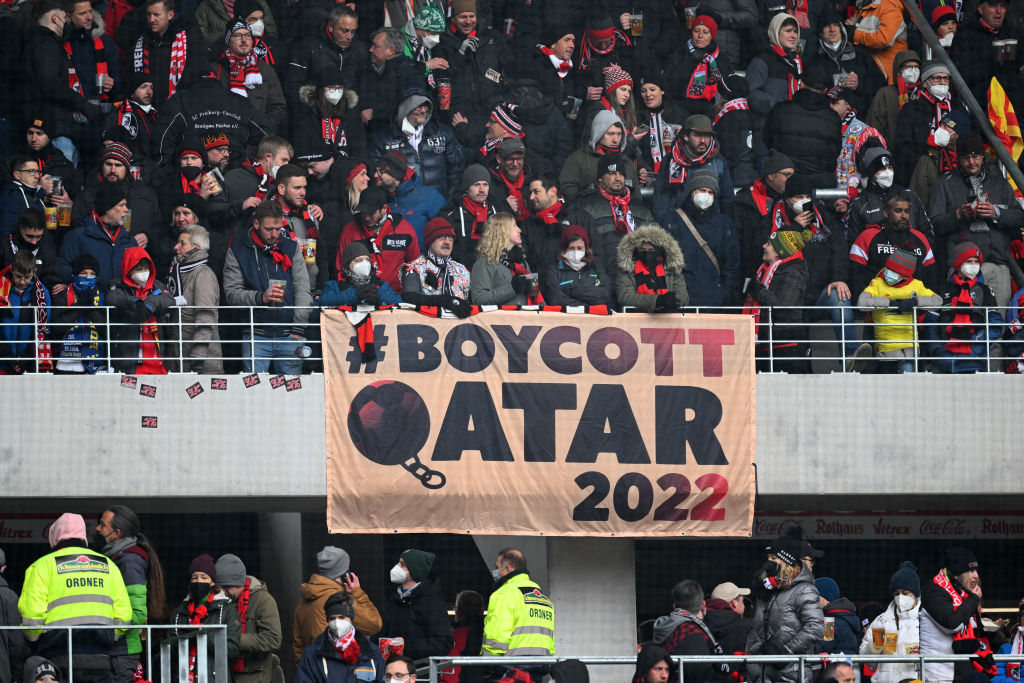Trussonomics, Super League and Qatar World Cup: Why proactive PR matters

Communications expert Matthew Fletcher-Jones explains why Qatar and Fifa are fighting a losing PR battle over perceptions of this year’s World Cup.
Imagine you proposed a revolutionary approach, promising growth and a brighter future. Yet you never got out of the blocks as your first step was revealing that the rich would get richer. Revolutions need to be bottom up rather than “bottoms-up”.
No, this isn’t about Trussonomics but a reflection on how football’s European Super League failed. Like Liz Truss, they didn’t use PR to build an argument and subsequently lost the battle for hearts and minds.
The former Prime Minister revealed top-tier tax cuts almost immediately, before announcing a plan no one else had seen – reminiscent of the Super League, which arrived as a closed shop for the richest clubs without telling those who’ve been running football for over a century.
This month the ESL project has resurfaced, and this time they’re keen to talk. With Real Madrid and Barcelona still pushing the idea, La Liga quickly rebutted their advances while Uefa gave them short shrift at a meeting this week.
Elsewhere in football there has been another notable failure to engage in a communications campaign to help shape the perceptions of a global audience. Instead, 12 years have been spent with heads buried in the sand.
Next week, the world’s biggest sporting event kicks off in the Middle East for the first time. You could be forgiven if you’d forgotten all about it. Its insane scheduling in the middle of the European season is partially to blame. The choice of host is also a cause of the lack of World Cup hype.
Qatar winning the rights was at first simply a shock, before concerns over the country’s human rights record and attitudes towards LGBTQ+ groups soon gained prominence. The fact that Russia had been made 2018 hosts initially delayed a long-term focus on these issues.
Those concerns have now rightly come to the fore and Fifa is belatedly trying to wrestle control of the dialogue with a positive PR push. It’s too little too late. Hence the governing body’s desperate letter urging national teams to “focus on football”.
There is no comms campaign which can or should excuse the issues facing Qatar 2022 but being desperate and defensive days before kick-off won’t help.
It’s curious that football’s current bigwigs haven’t tried to distance themselves from the decisions of the much-tarnished 2010 Executive Committee who awarded Qatar the tournament.
This World Cup could’ve been positioned as part of a post-Sepp Blatter era of transparency, allowing the sport to take over after a few gentle reminders that it wasn’t their idea in the first place.
Then football can get excited about Fifa’s next big idea – a 2026 World Cup that will be expanded to 48 teams playing 80 games spread over 2,500 miles. A PR campaign to soft sell that might be needed soon, too.
First though, let’s focus on Qatar 2022 Group B featuring England and Wales. Both teams face being fined for wearing OneLove armbands to promote diversity and inclusion. To carry out that threat would be an atrocious PR move to top them all.
Matthew Fletcher-Jones is a sports communications consultant.